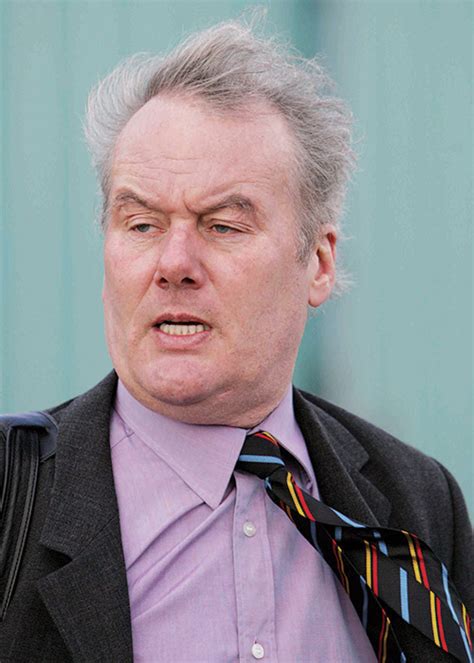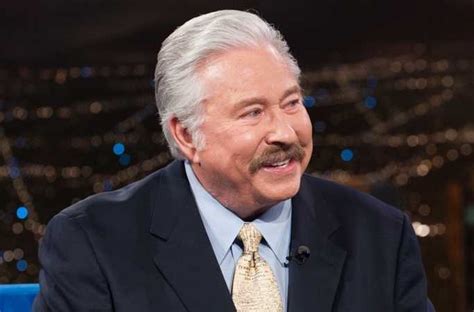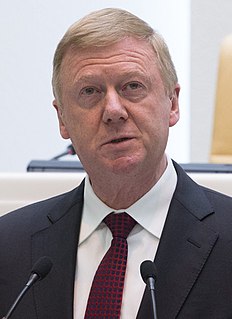A Quote by Pankaj Mishra
The recent past is full of diverse examples of writers - Mahfouz in Egypt, Pamuk in Turkey, and more interestingly, Pasternak in the Soviet Union - who have conducted their arguments with their societies and its political arrangements through their art in subtle, oblique ways. They didn't always have the license to make bold pronouncements about freedom, democracy, Islam, and liberalism, but they exerted another kind of moral authority through their work.
Related Quotes
The fact that this organisation is called the Islamic State reveals something even deeper. In fact, it implies that every single Islamist party in Egypt, Iraq or Tunisia are not really representing Islam and Muslim people. Nowadays, political Islam is going through a crisis, however this crisis is necessary, for it will lead to a changing way of thinking. In order to make it out of this dead-end, reviewing political Islam becomes mandatory.
The first year I was in office, only about 800 people came out of the Soviet Union, Jews. By the third year I was in office... second year, 1979, 51,000 came out of the Soviet Union. And every one of the human rights heroes - I'll use the word - who have come out of the Soviet Union, have said it was a turning point in their lives, and not only in the Soviet Union but also in places like Czechoslovakia and Hungary and Poland [they] saw this human rights policy of mine as being a great boost to the present democracy and freedom that they enjoy.
The International Brigade was not formed to protect freedom and democracy. It was founded as a tool of of the Comintern, to promote the interests of the Soviet Union - and thereby of Joseph Stalin, the butcher of millions. It made political sense for the International Brigade to recruit non-communists - useful fools was what Lenin had called such people in an earlier manipulation of gullible decency - but of course most were then vetted by the NKVD, the Soviet Union's secret police.
From cradle to grave this problem of running order through chaos, direction through space, discipline through freedom, unity through multiplicity, has always been, and must always be, the task of education, as it is the moral of religion, philosophy, science, art, politics and economy; but a boy's will is his life, and he dies when it is broken, as the colt dies in harness, taking a new nature in becoming tame.
There are two kinds of liberalism. A liberalism which is always, subterraneously authoritative and paternalistic, on the side of one's good conscience. And then there is a liberalism which is more ethical than political; one would have to find another name for this. Something like a profound suspension of judgment.
People who reject transcendent authority can no longer persuade one another through rational arguments; everything is reduced to personal opinion. Debates about ideas thus degenerate into power struggles; we're left with no moral standard by which to measure the common good. For that matter, how can there be a 'common good' without an objective standard of truth?







































